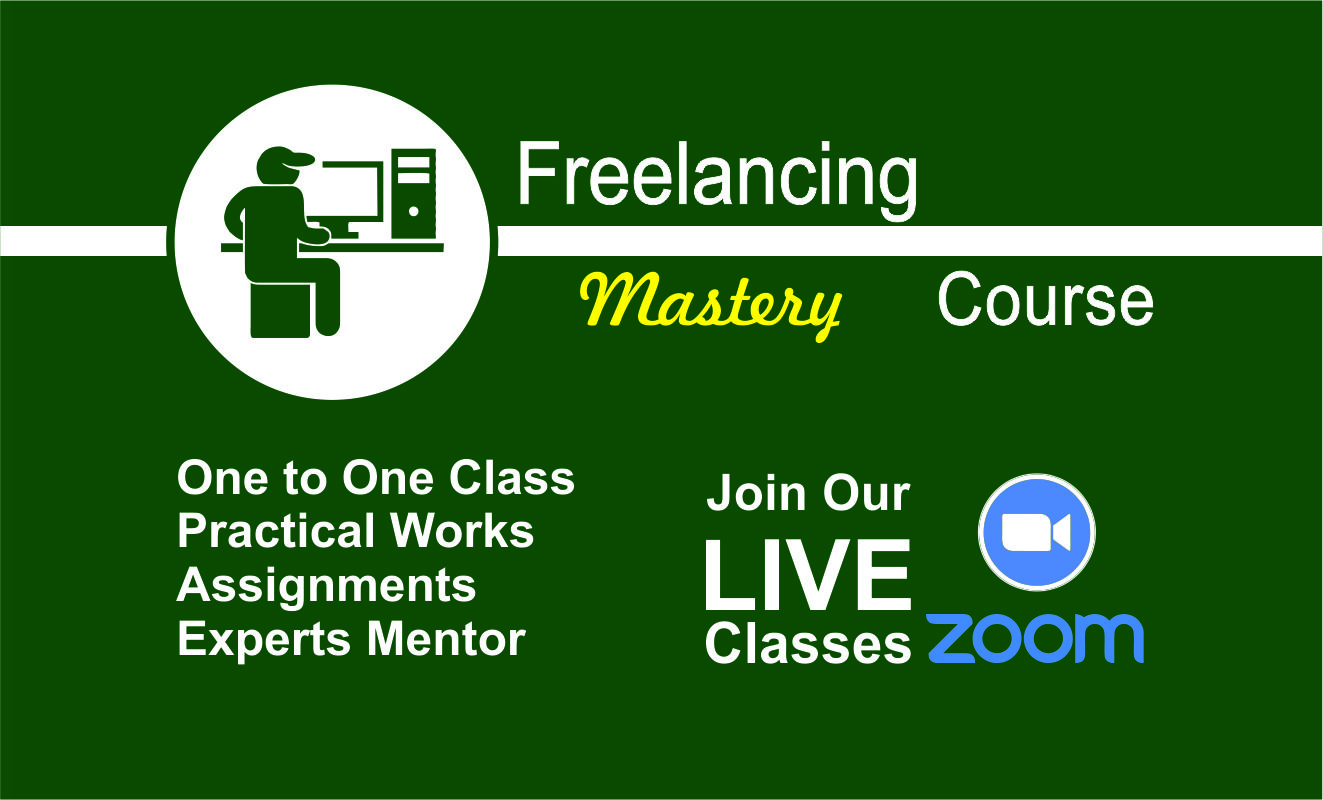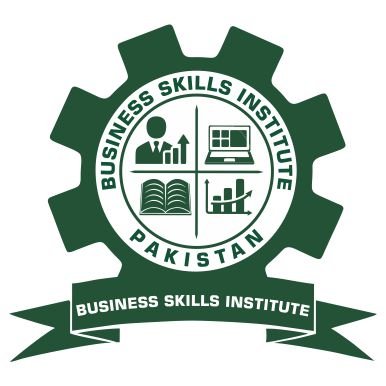The Freelancing Fundamentals course is designed to provide participants with the knowledge and skills needed to start and grow a successful freelancing career. Whether you're new to freelancing or looking to improve your existing freelance business, this course covers essential topics, from finding clients and managing projects to financial planning and marketing your services.
Course Outline:
Module 1: Introduction to Freelancing
- Understanding freelancing as a career choice
- Benefits and challenges of freelancing
- Assessing your skills and marketability
- Setting realistic expectations
Module 2: Identifying Your Niche and Target Market
- Finding your freelance niche or specialization
- Researching target clients and industries
- Identifying your unique selling proposition (USP)
- Analyzing market demand
Module 3: Setting Up Your Freelance Business
- Legal considerations and business structure
- Business registration and taxation
- Branding and creating a professional online presence
- Creating a portfolio and resume
Module 4: Freelance Pricing and Contracts
- Pricing your freelance services
- Creating clear and effective contracts
- Invoicing and payment terms
- Handling pricing negotiations
Module 5: Finding Freelance Clients
- Building a client acquisition strategy
- Networking and building professional relationships
- Online platforms and marketplaces
- Cold pitching and reaching out to potential clients
Module 6: Freelance Proposals and Bidding
- Crafting compelling freelance proposals
- Bidding on freelance projects
- Standing out in competitive markets
- Negotiating terms and agreements
Module 7: Project Management for Freelancers
- Project scoping and planning
- Setting milestones and deadlines
- Communication and client expectations
- Managing scope creep
Module 8: Time Management and Productivity
- Effective time management techniques
- Setting priorities and managing deadlines
- Tools and apps for freelancer productivity
- Avoiding burnout and managing stress
Module 9: Financial Management for Freelancers
- Budgeting and financial planning
- Managing income and expenses
- Taxes and deductions for freelancers
- Retirement and savings planning
Module 10: Marketing and Self-Promotion
- Creating a freelance marketing plan
- Content marketing and blogging
- Social media and online presence
- Building your personal brand
Module 11: Client Relations and Communication
- Client onboarding and relationship building
- Effective communication with clients
- Handling difficult clients and conflicts
- Providing exceptional customer service
Module 12: Building a Freelance Team (Optional)
- Outsourcing and subcontracting
- Hiring virtual assistants and collaborators
- Managing remote teams
- Legal and contractual considerations
Module 13: Scaling Your Freelance Business (Optional)
- Strategies for growth and scalability
- Expanding services or niches
- Diversifying income streams
- Transitioning from solo freelancer to agency
Module 14: Freelance Ethics and Professionalism
- Ethical considerations in freelancing
- Maintaining professionalism in all interactions
- Handling client confidentiality and sensitive information
- Professional development and continuous learning
Module 15: Capstone Project and Certification
- Develop a freelance business plan
- Create a marketing strategy
- Present your freelance business plan
- Graduation and certification
Course Duration: The course can be delivered over 10 to 12 weeks, with each module typically lasting one week. The duration can be adjusted based on the depth of coverage and participants' prior experience.
Assessment: Participants will be evaluated through assignments, quizzes, a final freelance business plan, and participation. Successful completion of the course will lead to a Freelancing Fundamentals certificate.
Prerequisites: No specific prerequisites are required, but basic computer and communication skills are recommended.
Target Audience: This course is suitable for individuals interested in starting or enhancing their freelance careers, including freelancers in various fields such as writing, design, programming, consulting, and more.

